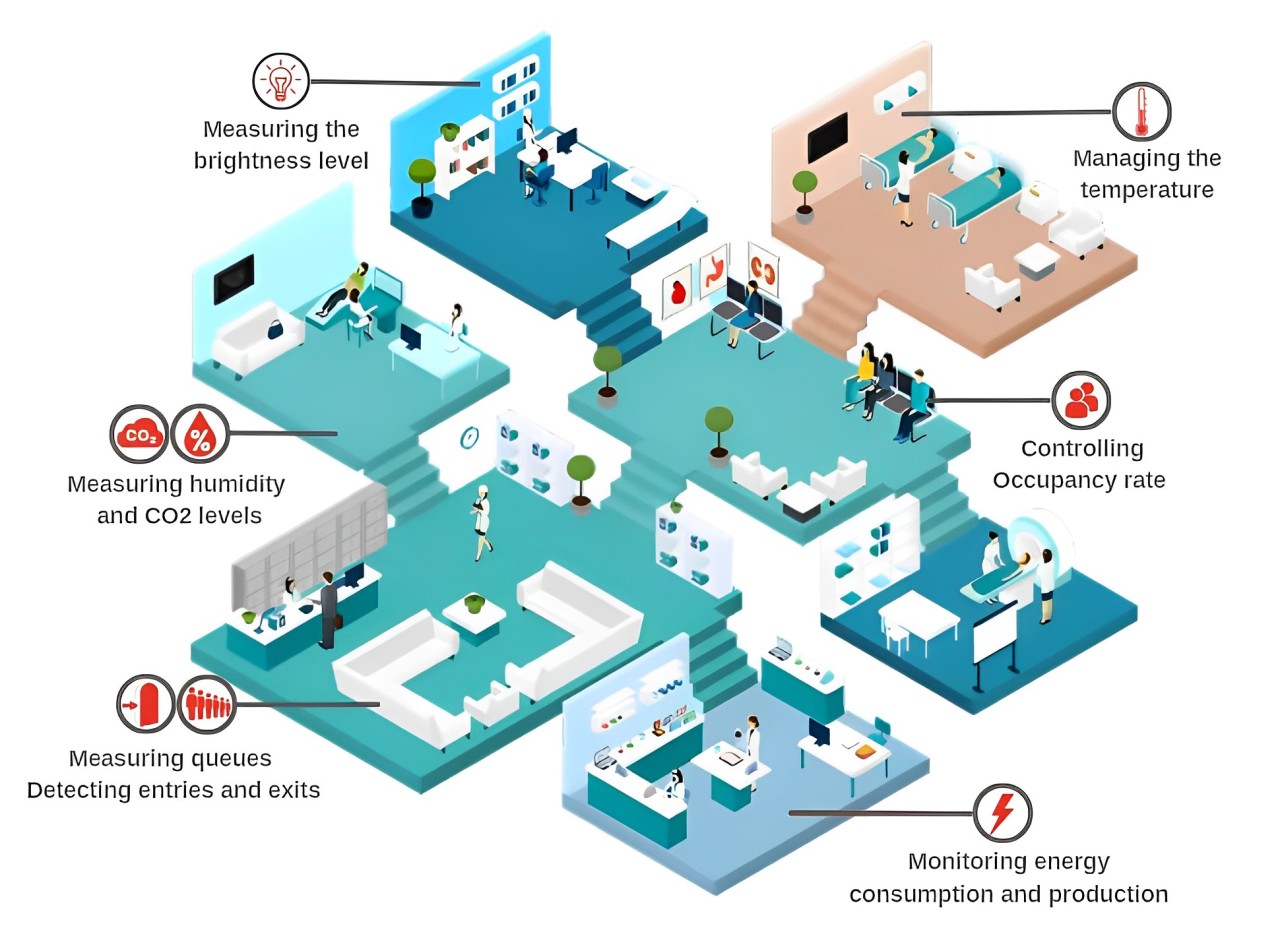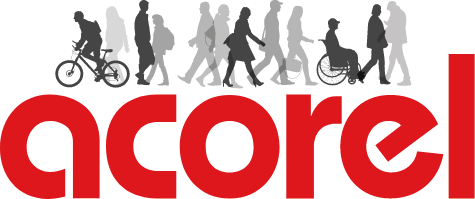In today’s medical environment, operational efficiency and quality of care are essential priorities. Technological evolution has enabled the development of innovative solutions to address these challenges, particularly through patient flow management and the Internet of Things (IoT). By combining these two domains, hospitals can create a smarter environment, promoting better resource management and an enhanced patient experience.
Flow management for process optimization
Patient flow management aims to streamline patient movement through various stages of their hospital journey, from admission to discharge. By leveraging technologies such as appointment scheduling systems, mobile applications, and counting sensors, hospitals can optimize processes to reduce waiting times and thereby enhance patient satisfaction.
Counting people: an effective solution for managing crowds
People counting is a crucial aspect of flow management in hospitals, enabling monitoring of attendance in various departments and areas. By using people counting sensors, hospitals can obtain real-time data on the occupancy of each area, facilitating better resource management and more precise planning to streamline hospital operations.

IoT in the medical field: data collection and real-time monitoring
IoT holds significant potential in healthcare, enabling real-time data collection from various medical devices and sensors. Wearable devices monitor patients’ vital signs, medical equipment tracking systems enable proactive maintenance, and location sensors track the movements of hospital staff and equipment. This data management allows for more efficient resource management and informed decision-making.
The integration of patient flow management and IoT thus enables the creation of the smart hospital. By combining the patient tracking capabilities of flow management with real-time data provided by IoT, healthcare facilities can offer more personalized and effective care.
